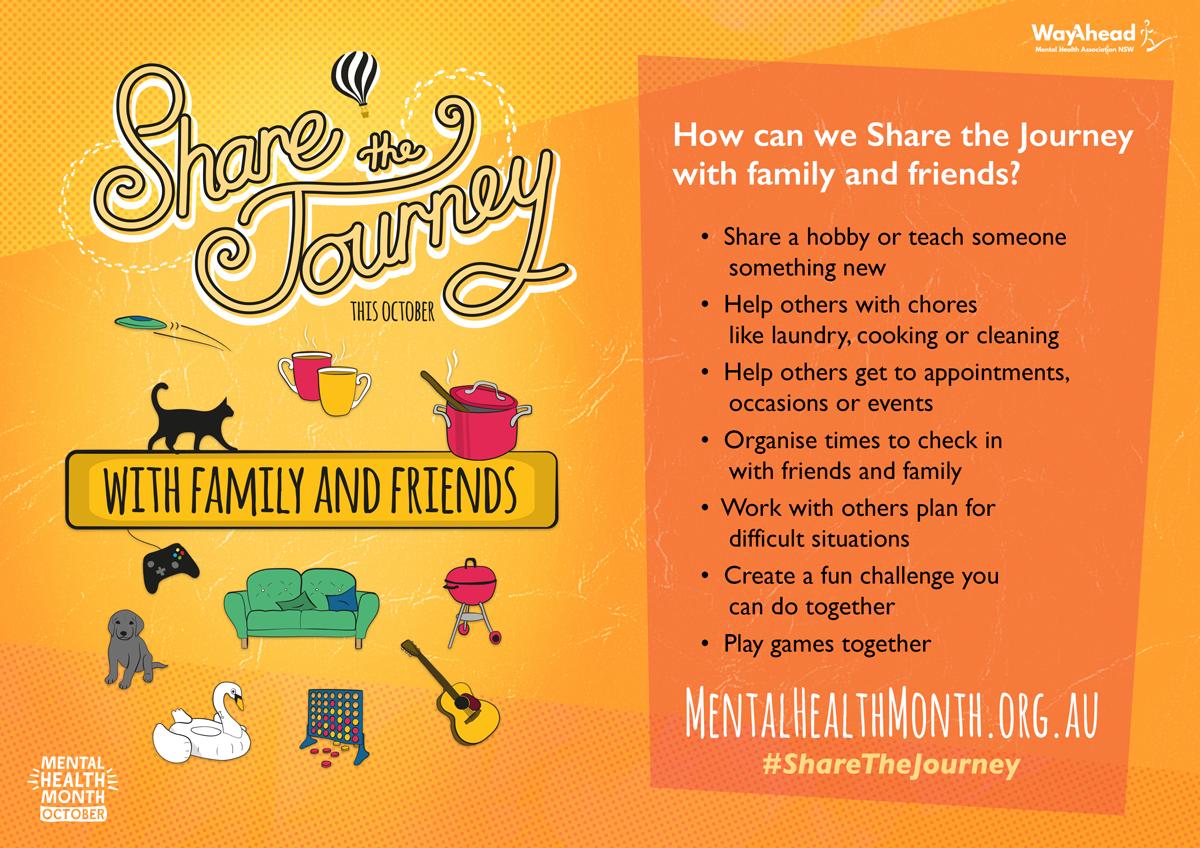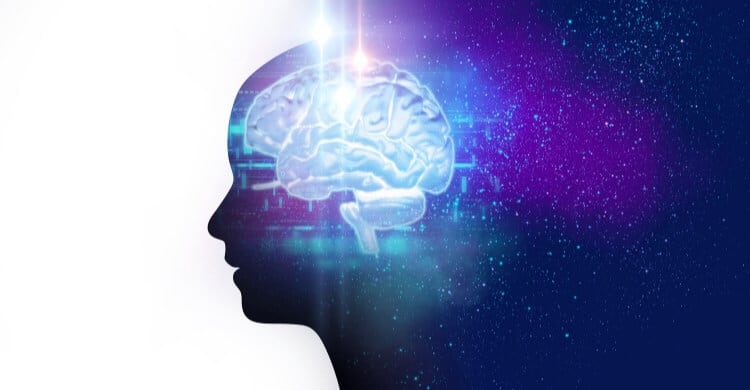
There are many mental wellness apps for Android. This article looks at what features they offer, such as Self-assessment tools, Mood tracking, and more. These apps will hopefully improve your quality-of-life and reduce stress levels. Here are some apps to look at:
Meditation for mindfulness
The popularity of mindfulness meditation apps has been increasing in recent months due to the coronavirus pandemic. The app store has experienced a huge increase in mindfulness-based meditation apps, and one study estimates that 750,000 downloads occurred in the week of March 29, 2020. This is 25% higher than the average January and February week. The various ways Mindfulness apps have monetized their services include Headspace offering its service at no cost to doctors. It then offered it to the unemployed. In a partnership with New York Gov. Andrew Cuomo, the Ten Percent Happier app features meditation teachers whose work has been recognized worldwide.
The MyLife app, which was formerly known as Stop, Think, and Breathe, is another app worth considering. This app offers guided meditations that allow for a mindful experience. It also includes breathing techniques. Users are asked for their thoughts and bodies to be rated during meditations. Additionally, they are encouraged to keep track of five feelings that they experience each day. MyLife can help users with this daunting task. You can also download free meditations.
Self-assessment Features
Many mental wellness apps offer some sort of self-assessment. These tests can range from questions to photos or videos to brief video calls with a specialist. They may also have tools that help you get grounded and distract yourself form self-destructive thought patterns. Some have emergency lines. These apps for mental health are becoming more popular. Here are five methods to make them more user-friendly and functional. We'd love to hear your thoughts in the comments!

Verifiability. While some apps might provide links to reliable sources to explain their self-assessment functions, most don't. Use these apps to make sure the information is accurate. Many mental wellness apps lack the core psychological principles used in counseling. They instead focus on communication and coordination functions that may not even be possible with other methods.
Mood tracking
A mood tracking app can be an invaluable companion to your treatment plans. The app tracks mood fluctuations daily and helps users identify negative emotions. These apps are easy-to-use and follow a proven therapeutic model. Users can customize their color scheme, set reminders to keep the new habit in place, and even set reminders. With these features, mood monitoring apps for mental wellbeing can help people improve overall mental health.
Researchers discovered that users of mood trackers apps are more conscious of their emotional state and self-awareness. They also reported a greater willingness to intervene during negative moods. The research also shows that a majority of users find these apps helpful, but cautions that they may not suit everyone. These apps may prove to be helpful for people with depression, regardless of their motivation.
Addiction recovery
The rising demand for resources to help people with addiction has led to the app industry adapting. While apps can help one build a support network and track progress, they don't replace human interaction. In situations where human contact is impossible, however, these apps can be very life-saving. A social media app, such as one that allows users to track their progress and share it with others can be extremely helpful in cases of overdose. It remains to be determined if these apps are worth the price.

One such app is MY3. It allows users to connect with three trusted people who are available to listen and offer support when they need it. Additionally, it offers daily meditations for recovering addicts and sends them messages that reinforce positive thoughts and encourage them to stay away from drugs and alcohol. A 12-week randomized study of 399 patients found that people who used the app experienced abstinence rates of 40.3%, higher than the 17.6% who didn't.
FAQ
What can I do to prevent mental health problems?
Preventing mental health issues is easier said than done. Here are some things to keep in your mind.
-
Don't drink alcohol. It can alter your moods and increase your chances of developing depression.
-
Avoid drugs. Drugs can cause brain damage and worsen your symptoms.
-
Get enough sleep. Depriving yourself of sleep can lead to anxiety and depression.
-
Exercise regularly. Exercise releases endorphins which can make you happy.
-
Eat healthy foods. Eaten junk food can make one feel slow and unmotivated.
-
Spend quality times with loved ones. Spending time with people you love can make you feel happier.
-
Have fun. Have fun and explore new things.
-
Social media can be exhausting. Social media can make you feel isolated and lonely.
-
Be kind to your self. Treat yourself nicely, even if you aren't feeling great.
-
Ask for help. Ask for help if you are having difficulty coping. Talking with a friend or family member is a great way to get help.
-
It's okay to let go. Crying helps release tension and stress. It does not necessarily mean that something is wrong.
-
Keep busy. Find something you like to do.
-
You should practice good hygiene. Bad hygiene can make it difficult to feel attractive and clean.
-
Keep connected. Connecting with others will help you stay positive.
-
Learn how relax. Relaxation techniques like yoga and meditation can help you cope better with stress.
-
Find meaning and purpose in what you do. Finding meaning in your hobbies or work can help you feel fulfilled.
-
Focus on the present moment. When you focus on the present moment, you won't worry so much about the future.
-
Set goals. It can be motivating to set goals.
-
Do something for yourself. You can improve your self-esteem by doing something nice for you.
-
Practice gratitude. Gratitude helps you to appreciate all of the good things about your life.
-
Volunteer. Volunteering is a great way to have fun and make a positive impact in the world.
-
Give back. Giving back to others can make you feel fulfilled.
-
Watch out for warning signs. If you notice any changes in your behavior, don't hesitate to reach out for help.
Why is mental health important?
Work, play and learn. Love. Mental health is about our overall well-being. The physical, psychological as well as social, spiritual and environmental factors that influence us every day are all part of mental health. There are many methods to care for yourself physically, mentally, emotionally and spiritually. You don't need to do it all at once. Start somewhere.
Understanding where your mental health stands now is the first step toward improving it. To find out if your support system is adequate, take this quiz. If you score low, then you might want to consider making some changes to your lifestyle.
Congratulations! Here are some things you can do that will help improve and maintain your mental health.
-
Get Enough Sleep. Your brain will stay sharp and energized if you get enough rest. The American Academy of Pediatrics (AAP) recommends that you get at least 7-8 hours of sleep each night.
-
Exercise Regularly. Exercise releases endorphins that make you feel happy. Five times per week, aim for 30 minutes of exercise.
What does my mental health have to do with my relationships?
Your mental health affects every aspect of your life. It affects your ability function properly at school, work, and home. It can also be difficult to develop meaningful relationships when you have mental health problems.
When you're dealing with a mental health condition, it's easy to isolate yourself from others. You might avoid social situations or feel unworthy because no one understands.
It's important to remember, however, that people want to be with you. They just need to learn how to approach and approach you.
If you are having difficulty connecting with others, talk to them about it. Ask for their guidance and tell them how you feel.
Statistics
- More than 40 million adults in the United States have an anxiety disorder, but less than 37% of people seek mental health treatment for their symptoms. (talkspace.com)
- Neuropsychiatric diseases are the leading cause of death and disability in the U.S., accounting for 18.7 percent of all years of potential lifespan loss and premature mortality.
- In any given year, an estimated 18.1% (43.6 million) of U.S. adults ages 18 years or older suffered from any mental illness, and 4.2% (9.8 million) (healthypeople.gov)
- It means no drinking any alcoholic beverages and no taking any drugs that aren't 100% natural.
- Similarly, while there is some agreement about the boundaries of typical mental disorders 2, there is likely less agreement about those for positive mental health. (ncbi.nlm.nih.gov)
External Links
How To
How to Care For Autism Children
Autism spectrum disorder (ASD) is a neurodevelopmental condition characterized by impairments in social communication and repetitive behaviors. It affects 1 out of every 50 people worldwide; however, there is no cure for ASD.
The first signs typically appear around 18 months in infanthood. The most common symptoms are difficulty understanding others' emotions and lack of eye contact. These symptoms can lead to aggression, self-injury and depression.
This disease is not currently understood, but researchers believe genetics could play a role. ASD can be caused by environmental factors, such as infection, stress, diet, medications, vaccines and alcohol. Evidence suggests that certain viruses like rubella or measles could increase your risk of developing ASD later.
Even though early intervention and diagnosis are important, many families have trouble with their child's behaviour once they reach school age. Different treatment options are available depending on the severity and type of the problem. Research shows that therapy focused on improving social interaction and decreasing problem behavior can make a significant difference.